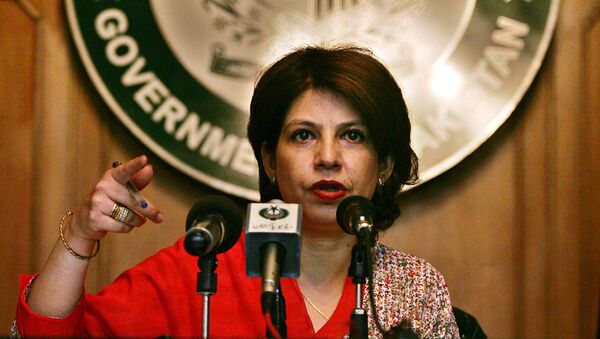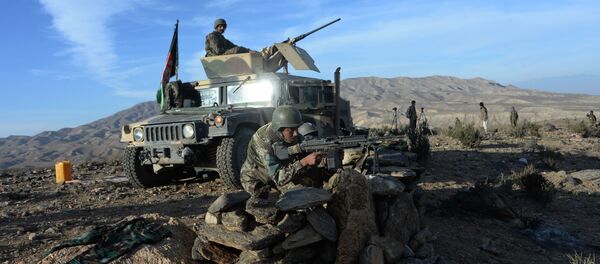"In our view, it was a useful discussion. It was an extended format. Five Central Asian republics were part of the meeting and we welcomed that. The Central Asian states have common border with Afghanistan and any instability in Afghanistan has an impact on them in many ways," Aslam said.
The Pakistani official added that one of the biggest threats to the Central Asia was a concentration of terrorists in the region. Another problem, according to Aslam, was the drug trafficking.
"Afghanistan is the highest drug producer in the world and, according to the United Nations, one third of those drugs is transiting through Pakistan, one third — through Afghanistan and one third — through the Central Asia and Russia… It is only logical that the Central Asian states should be at the table to discuss the future in Afghanistan and reconciliation there," Aslam added.
She pointed out that the talks were rather fruitful, with all the participants agreeing on the idea that reconciliation was "the only way forward in Afghanistan."
Afghanistan has long been suffering from unstable political, social and security issues due to the activity of the Taliban radical movement and the Islamic State terrorist group, both outlawed in Russia.


